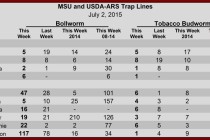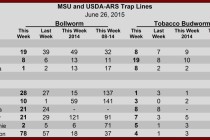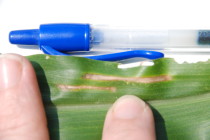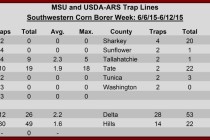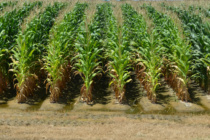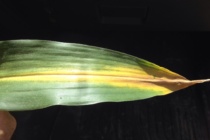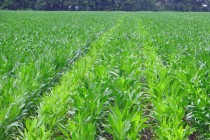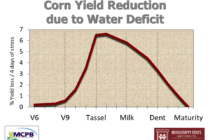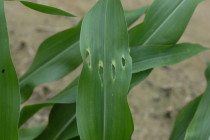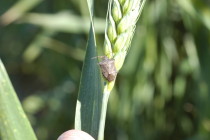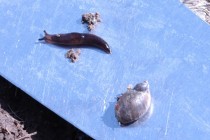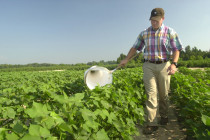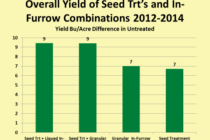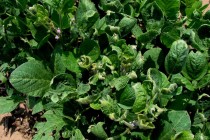👤Angus Catchot, Extension Entomologist
🕔11:02, 8.Apr 2015
Mississippi State University will be hosting 5 scout schools this year. We have transitioned over the years to make these trainings much more diverse than insect pest alone. This year we will be including insects, disease, fertility, weed identification, and herbicide systems. There will be numerous hands on displays of insects, weeds, nutrient deficiencies in all major row crops, and fertilizer characteristics. CEU’s Provided: Nutrient Management = 1.5, Integrated Pest Management = 3, Crop Management = 1
Read Full Article▸

